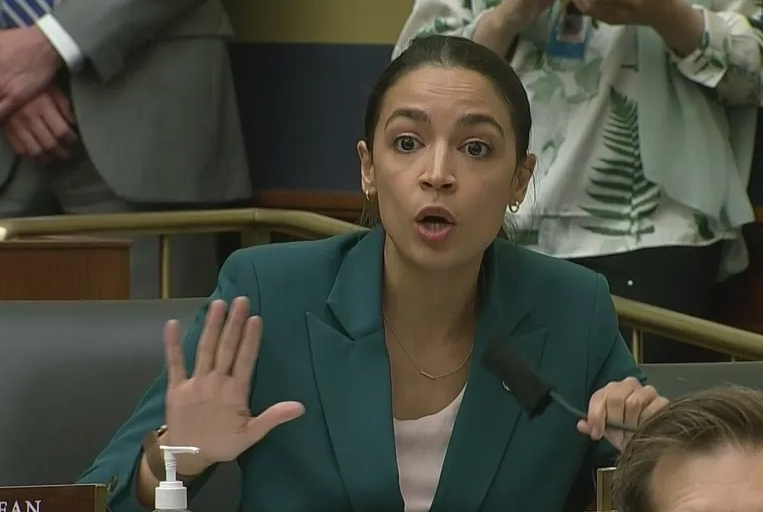Kylee Zempel of the Federalist dissects Democrats’ complaints about the latest developments at Twitter.
Immediately following Elon Musk’s official buyout of Twitter, White House Press Secretary Jen Psaki was back at her podium not only casually mentioning that the Biden administration still works with Big Tech to censor information they don’t like, but also stressing their commitment to “reforming” Section 230 and pushing new antitrust laws.
Democrats’ calls for Section 230 reform are nothing new. President Joe Biden has gone on record saying it should be eliminated, and past reforms have passed Congress with overwhelming bipartisan support. The partisanship arises in the very different reasons Republicans and Democrats have for wanting 230 fixed.
The left doesn’t think Silicon Valley oligarchs do enough to censor speech that Democrats claim to be misinformation. In their view, Section 230 gives Facebook and Twitter too much protection when those companies don’t immediately strip content questioning the efficacy of Covid vaccines, for instance.
It’s for the exact opposite reason that conservatives have long lobbied for reforms to Section 230, which has been weaponized against the right by malign Big Tech websites. Those giants have hidden behind 230’s immunity with the defense that they’re neutral platforms. But then they’ve turned around and proved themselves to be just the opposite: Twitter, Facebook, and the rest are partisan publishers that decide who can speak and what gets published, the same way newspaper editorial boards do.
For example, you’ll remember the Hunter Biden laptop story that came out just 20 days before the 2020 presidential election and contained information damning to then-candidate Joe Biden, specifically that he lied about lacking knowledge of his son’s Ukrainian business dealings.
Neutral platforms, the kind of public forums and common carriers protected by 230, would have let the story remain on their websites and borne no responsibility for it. Facebook and Twitter, however, couldn’t let a piece of hard-hitting journalism unfavorable to their candidate get amplified unhindered, and opted for editorializing..


